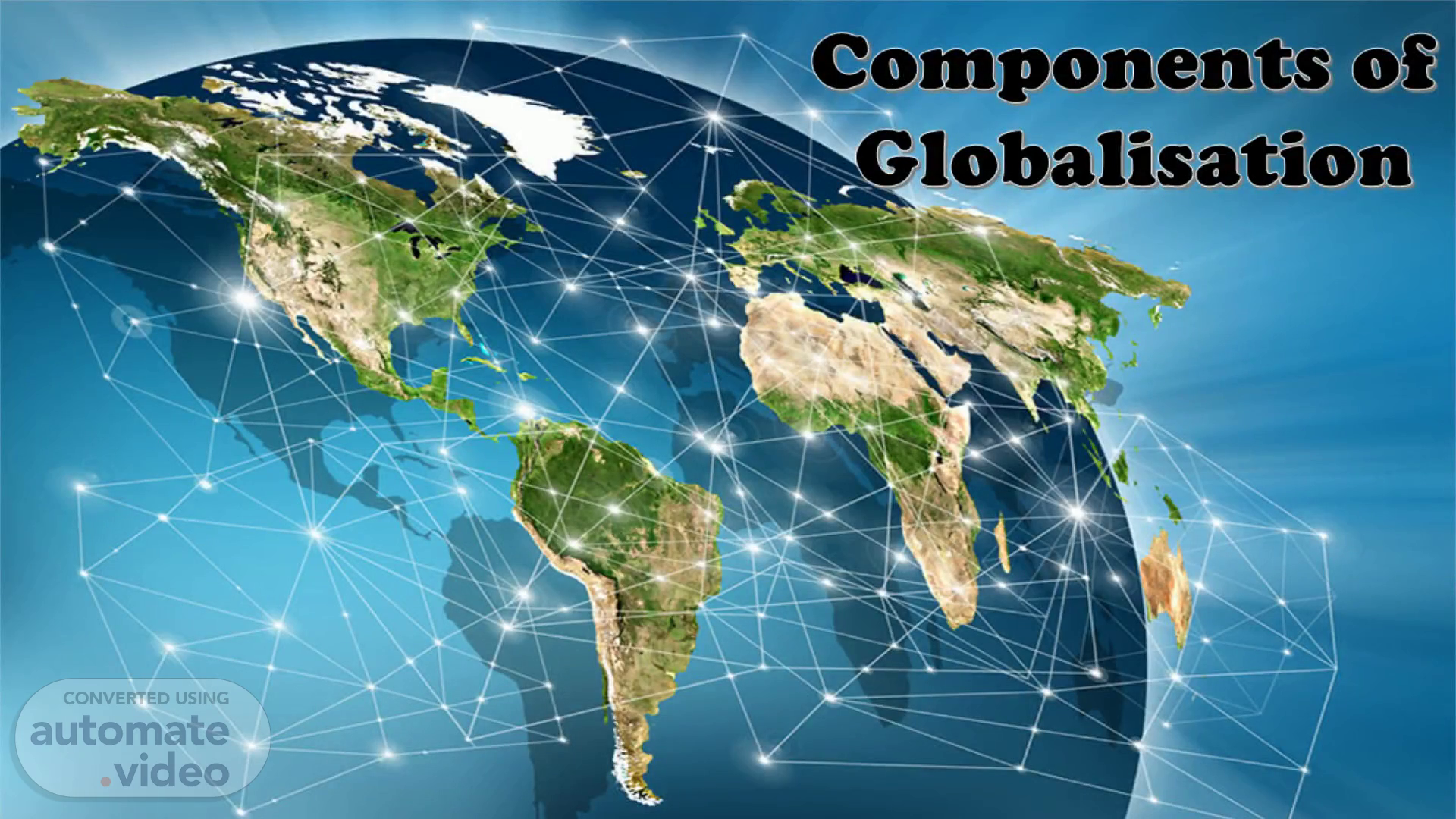
PowerPoint Presentation
Scene 1 (0s)
What is Globalization? Examples, Definition, Benefits and Effects.
Scene 2 (9s)
Globalisation of Markets: Globalisation of Markets refers to the process of integrating and merging of the distinct world markets into a single market. It includes the identification of common norms, value, taste, preference, convenience and slowly enables the cultural shift towards the use of a common product or service. A number of consumer products have global acceptance. For example, Coca-Cola, Pepsi, McDonald's burgers, Music of Madonna, MTV, Sony Walkmans , Levis jeans, Indian masala dosa , Indian Hyderabadi biryani, Citicorp credit cards etc..
Scene 3 (34s)
2) Globalisation of Production: Factors influencing the location of manufacturing facilities vary from country to country. They may be more favourable in foreign countries rather than in the home country. For example, cheap labour in developing countries, availability of high quality and cheap raw material in other countries etc., enable the companies to produce the products of high quality and low cost in various foreign countries..
Scene 4 (54s)
3) Globalisation of Investment:.
Scene 5 (1m 0s)
4) Globalisation of Technology: Technological change is amazing and phenomenal after 1950s. In act, it is like a revolution in case of telecommunication, information technology and transportation technology. Companies with latest technology acquire distinctive competencies and gain the advantages of producing high quality products at low cost. With these advantages, these companies enter the foreign markets and introduce their latest technology in foreign countries also..